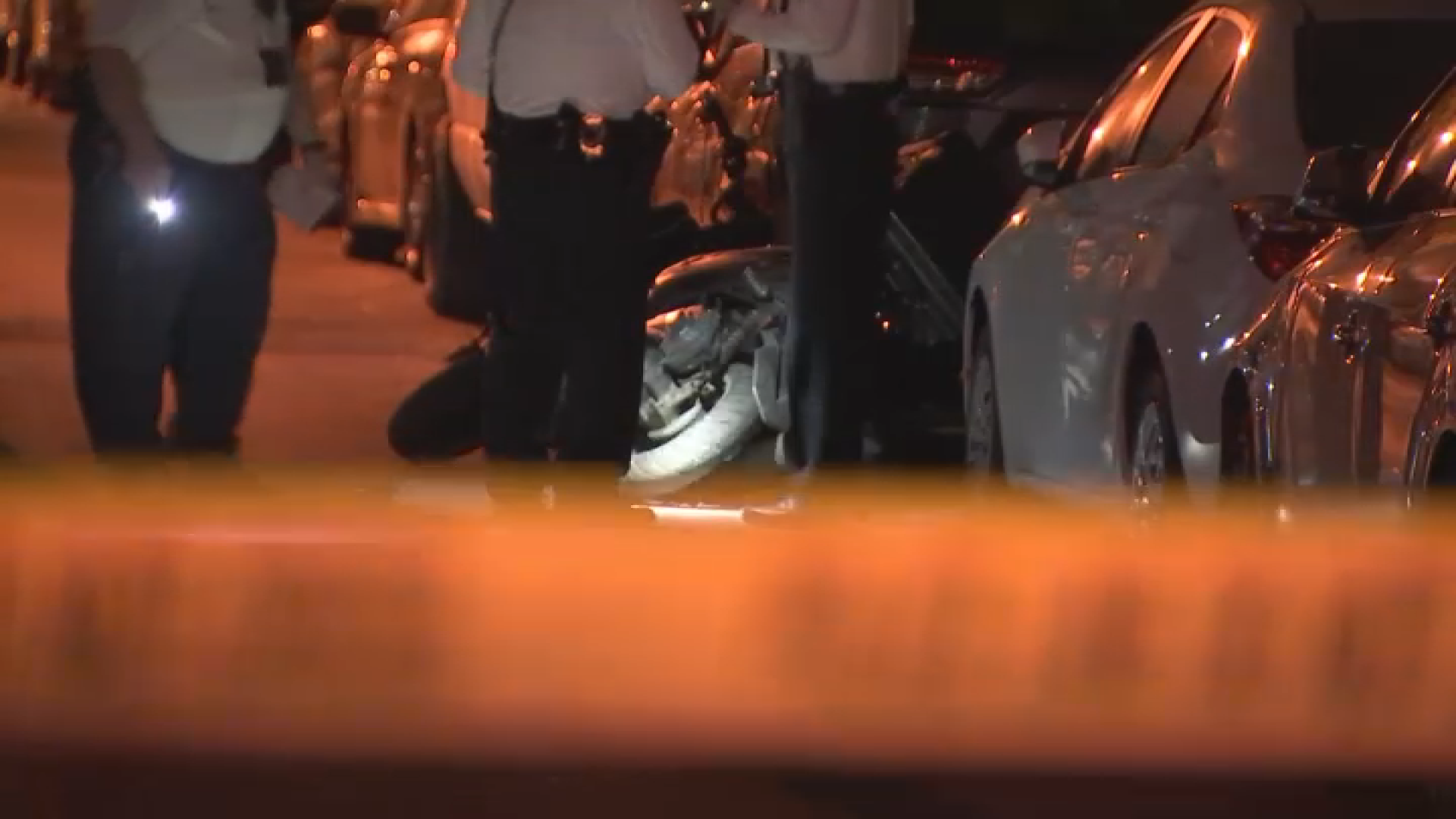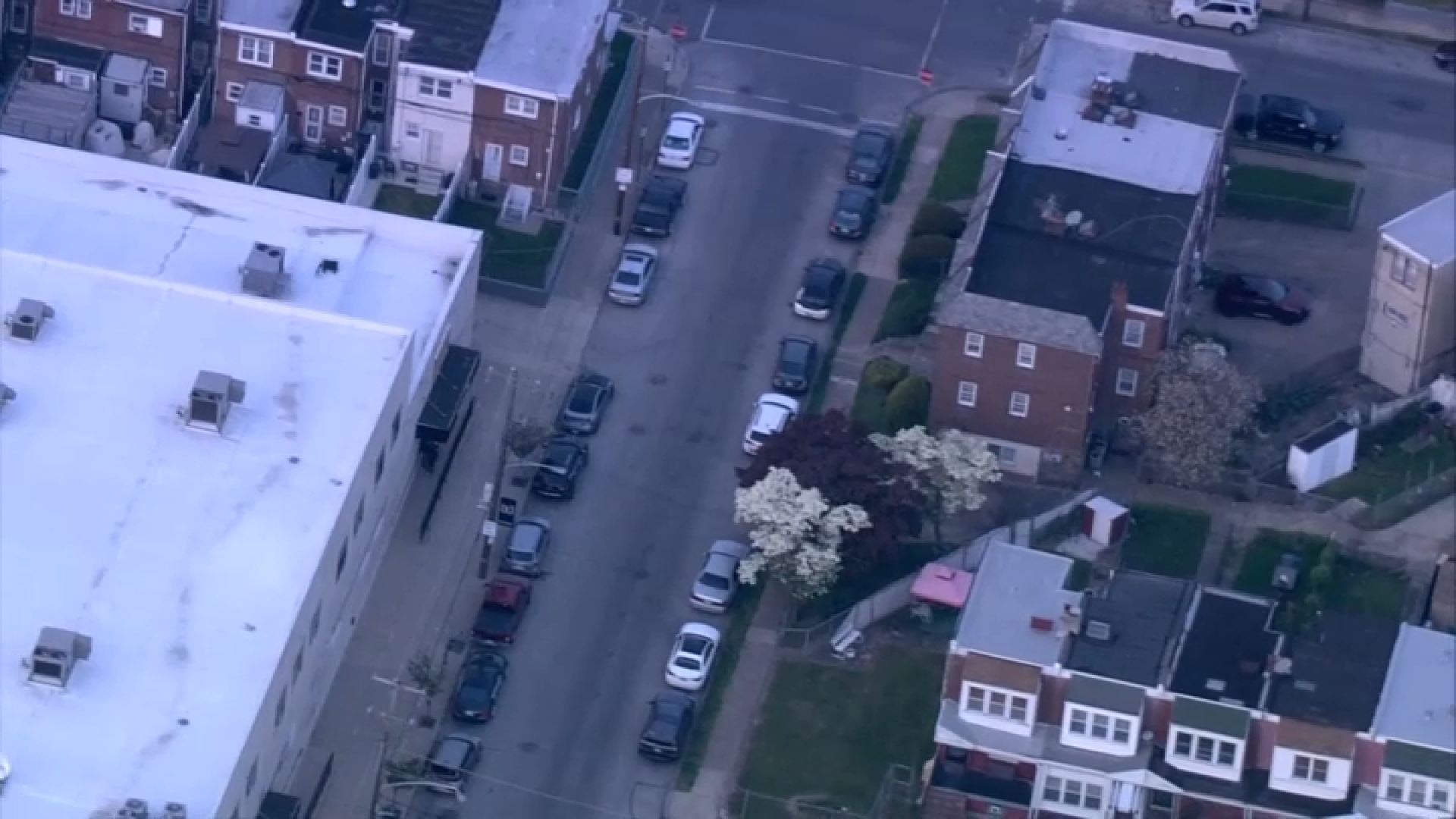Philadelphia and its surrounding suburbs "did their part," former Mayor Michael Nutter said Wednesday, but it still wasn't enough to prevent Pennsylvania from turning red for the first time in a presidential election since 1988.
Nutter, who has long been one of the state's biggest Hillary Clinton supporters, said many Democrats are trying to figure out "what the hell happened" in the aftermath of President-elect Donald Trump's victory.
"There is no reason in the world he should have won Pennsylvania," Nutter said in an interview. "None. Absolutely none. This is the state of William Penn. We were founded on the fundamental principle of tolerance."
He is right that southeastern Pennsylvania showed up in strong numbers to vote Democrat. As the five-county Philadelphia region did in 2012 for President Obama, voters overwhelmingly voted for Clinton. Expanding further to include Berks, Northampton, and Lehigh counties, Clinton beat Trump 1,495,200 votes to 877,807 in the region.
Clinton beat Trump in each of Bucks, Chester, Delaware, Montgomery and Philadelphia counties.
That is drastically different than the last time Pennsylvania's electoral votes went to a Republican. George H.W. Bush won Pennsylvania in 1988 with the help of the greater southeastern region. He beat Michael Dukakis 927,000 to 905,000 in the eight counties.
Local
Breaking news and the stories that matter to your neighborhood.
"In Philadelphia, we did our part. And she took the surrounding counties. I don’t know the numbers for the rest of the state, but all of the traditional folks came out for her in our region: blacks, whites, progressives, Latinos, Asian-Americans," Nutter said.
He said Democrats would have to figure out what happened in the rest of the state before his party could figure out ways to swing the pendulum back in the months and years ahead.
"Clearly, some people were not honest or forthcoming when they were surveyed or polled," Nutter said.
One issue playing out in Pennsylvania is the growing schism between the "new economy" of America -- sectors like technology and healthcare -- and the rural and manufacturing economies, according to Randall Miller, a political history professor at Saint Joseph University.
It helps explain how Pennsylvania went Republican in 1988 and 2016 despite the drastically different vote totals in the southeastern part of the state.
"They’re not part of the new economic and cultural conversation," Miller said of much of Pennsylvania. "It’s a very different world and that’s part of what happened in this election."
He said the media overlooked the way Trump connects to large swaths of the population.
He paraphased a magazine article from two months ago that described a deep misunderstanding in how many Americans see the Republican president-elect.
"The press takes him literally, but not seriously," Pittsburgh-based writer Salena Zito wrote in The Atlantic in September. "His supporters take him seriously, but not literally."
Nutter, who teaches a political science class at Columbia University, said some of his students don't yet know how to react to Trump's victory.
"Some of them were crying. Many expressed they are afraid, fearful that they don’t belong. They’re uncertain about their future," he said. "People are dazed and confused about what just happened."



